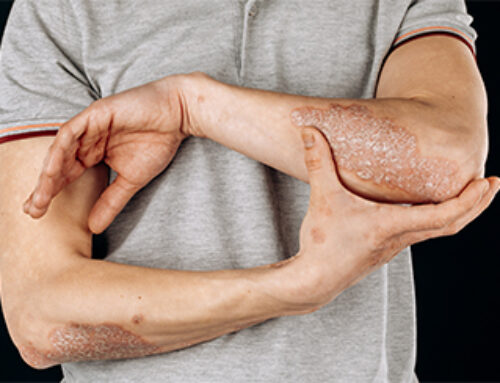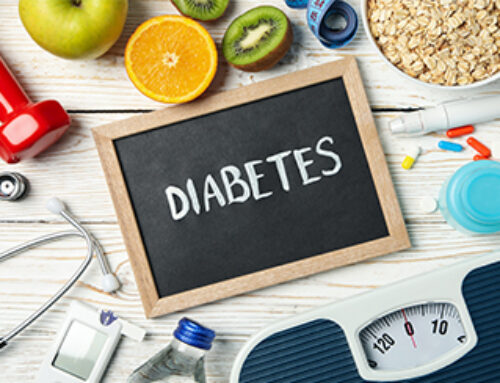Often when we think of monsoon, we are reminded of heavy rainfalls, but the correct meaning is a seasonal change in the direction of the prevailing, or strongest, winds of a region. Monsoons cause wet or dry seasons throughout much of the tropics, and winds usually blows from cold to warm regions. Summer monsoons and the winter monsoons determine the climate for most of India and Southeast Asia.
While the rain may bring respite from the scorching heat, it also brings with it a series of health issues like dengue, malaria, typhoid, viral fever, pneumonia, leptospirosis, diarrhea, and common cold/flu. It is important to remain strong and safe in monsoon and protect ourselves from getting these ailments. Diet plays a very important role in being physically strong enough to get any disease. Hence, it is imperative to know the DOs and DONTs for monsoon season, especially regarding the diet. In this blog, we try to understand the same.
DONTs
- Green leafy vegetables
Traditionally, we are taught that we have been instructed about the importance of eating leafy vegetables and having Vitamin B. However, they are complete no-no in this season considering they have excess bacteria. Avoid spinach and go for pungent vegetables like bitter gourd, ghiya, tori or tinda.
- Fresh Juice and Fruit from Roadside Vendors
Roadside vendors have the fruits cut up well in advance, which could have come in contact with contaminated air. Stick to fresh fruit juice prepared at home and consume it instantly.Avoid watermelon and muskmelons and also goosing on too many mangoes may cause pimples. Eat seasonal fruits.
- Fried Food
Heavy fried food in the humid weather in monsoon causes the digestion process to slow down and may cause gastronomical complications like bloating and stomach upset.
- Avoid too much fish and meat this season
- Avoid too sour and spicy food
- Avoid too much of coffee and tea, as it dehydrates body
- Avoid frozen foods such as ice-cream
- Avoid high salt diet, as it causes water retention
DOs
- Eat foods to boost immunity like green tea, vegetables, fruits, soups, salads
- Wash the vegetables well before cooking and eating. Eat steamed salads instead of raw vegetables, as they contain active bacteria and virus that cause bacterial and viral infections
- Eat fresh and seasonal fruits as they help you restore energy. Apples, pomegranates, and pears are recommended
- Have medium to low salt food
- Foods such as brown rice and oats are the best foods one could have in the monsoon
- Add yogurt and almonds in your diet
- Drink only boiled and purified water to protect from harmful germs







